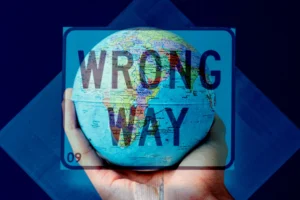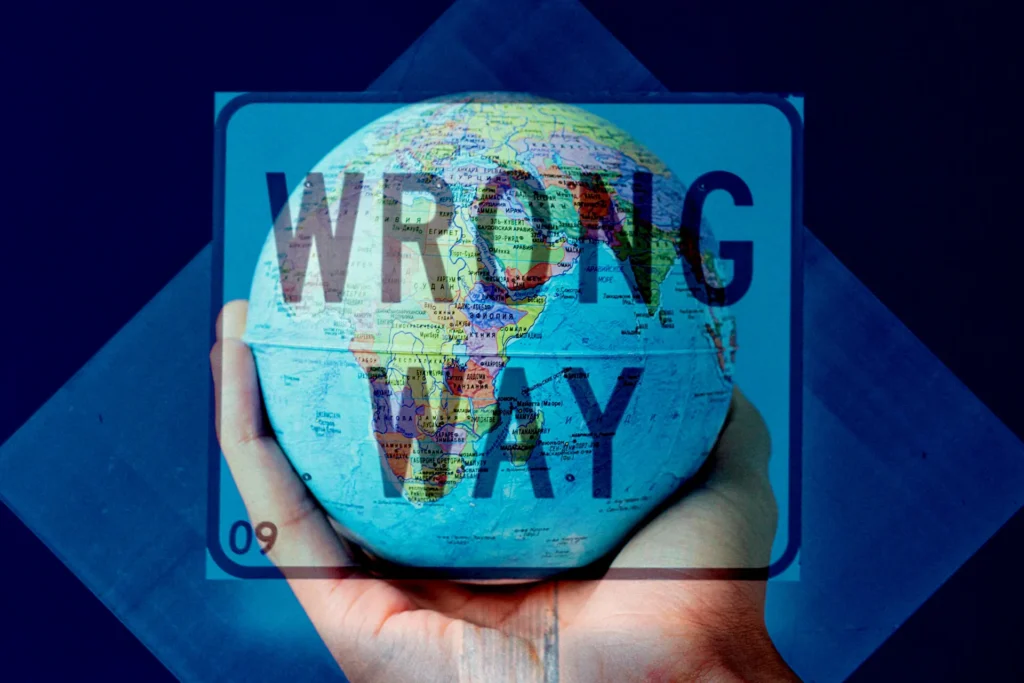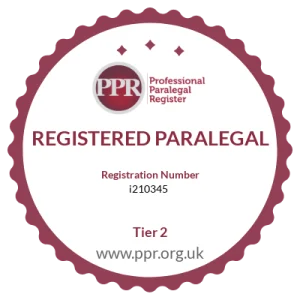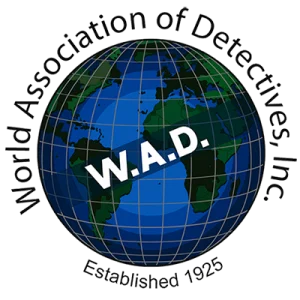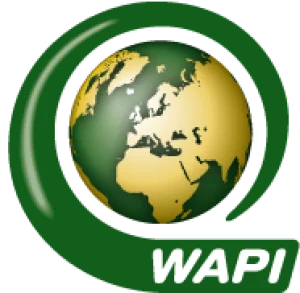In the world of cross-border litigation and legal cooperation, service of process—the formal delivery of legal documents—is a critical procedure. While many rely on multilateral treaties like the Hague Service Convention of 1965 for this purpose, bilateral treaties have become indispensable tools, especially when multilateral frameworks are either too slow or entirely inapplicable. This article explores the role bilateral treaties play in international process service, highlights their importance, explains how they differ from multilateral conventions, and provides examples of bilateral treaties from each continent.
Understanding Treaties: Multilateral vs. Bilateral
A treaty is a formal agreement between two or more countries. These agreements can be categorized as:
-
Multilateral treaties: Agreements signed by three or more countries. Examples include the Hague Service Convention or the United Nations Charter.
-
Bilateral treaties: Agreements between two countries. These are often customized to meet specific diplomatic, legal, or procedural needs.
A convention is a type of multilateral treaty. However, not all multilateral treaties are labeled as conventions, and not all conventions are restricted to multilateral participation. Some conventions may begin as multilateral frameworks but include bilateral arrangements in practice.
The Role of Bilateral Treaties in Process Service
Bilateral treaties often serve as the legal foundation for process service when multilateral conventions either do not apply or are insufficient. These treaties:
-
Define procedures for transmitting legal documents
-
Appoint competent authorities
-
Clarify timelines and acceptable methods
-
Can sometimes include or exclude criminal, civil, or administrative matters
Examples by Region
To illustrate the global reach of bilateral treaties, here are two examples from each region:
-
North America:
-
USA–Mexico Mutual Legal Assistance Treaty (MLAT)
-
USA–Canada Treaty on Mutual Legal Assistance in Criminal Matters
-
-
South America:
-
Brazil–Argentina Treaty on Judicial Cooperation
-
Chile–Peru Treaty on Civil Procedure Cooperation
-
-
Europe:
-
France–Germany Agreement on Judicial Assistance
-
UK–Italy Treaty on Mutual Legal Assistance
-
-
Africa:
-
Nigeria–South Africa Bilateral Legal Cooperation Agreement
-
Egypt–Morocco Mutual Judicial Assistance Treaty
-
-
Asia:
-
India–Japan Bilateral Legal Assistance Treaty
-
China–Pakistan Agreement on Judicial Cooperation
-
-
Oceania:
-
Australia–New Zealand Trans-Tasman Proceedings Act
-
Fiji–Papua New Guinea Treaty on Legal Cooperation
-
-
Middle East:
-
UAE–India Treaty on Judicial Cooperation
-
Turkey–Iran Legal Assistance Treaty
-
These treaties may not always be explicitly focused on process service but often contain provisions directly or indirectly related to it.
Filling in the Gaps: When Treaties Aren’t Enough
Even in a world of multilateral conventions, bilateral treaties play a crucial role in filling the gaps:
-
Where no multilateral treaties exist: Some countries are not signatories to the Hague Service Convention, making bilateral or informal methods the only option (e.g., many African, Middle Eastern, and Southeast Asian nations).
-
When conventions are too slow or limited: Hague service may take months, whereas some bilateral treaties offer streamlined procedures. Delays and bureaucracy can slow down service.
-
Some documents—especially criminal matters—are excluded from the Hague Service Convention’s scope.
-
When specific legal systems or languages require customized terms: Bilateral treaties allow for nuance in procedures, document formats, and translations.
This is where bilateral treaties step in. They fill the gaps by providing an alternative legal pathway when multilateral treaties are unavailable or inefficient.
Comparison of International Service of Process Methods
| Criteria | Hague Service Convention | Bilateral Treaty with Letters Rogatory | Traditional Letters Rogatory | Informal Service |
|---|---|---|---|---|
| Legal Basis | Multilateral treaty (1965 Hague Convention) | Bilateral treaty between two countries | Customary international practice | No treaty or agreement required |
| Formality | Highly formalized | Varies by treaty; usually formal | Very formal | Less formal |
| Speed | Moderate to slow (2–6 months on average) | Potentially faster if streamlined in treaty (varies) | Very slow (6–12 months or more) | Fast (a few days to weeks) |
| Cost | Moderate | Varies (could be reduced under treaty) | High (involves translation, diplomatic fees, etc.) | Low to moderate |
| Court Acceptance | Generally accepted worldwide in member states | Accepted as long as treaty terms are followed | Accepted but may be challenged for delays or form issues | Risk of non-acceptance unless properly justified |
| Transmission Method | Central Authorities under the Convention | May use central or judicial authorities (defined by treaty) | Must go through diplomatic or judicial channels | Private agents or local legal professionals |
| Use in Civil/Commercial Matters | Yes | Yes | Yes | Yes |
| Use in Criminal Matters | ❌ Not applicable | ✅ If treaty covers criminal cases | ✅ Often used in criminal matters | ❌ Rarely accepted for criminal processes |
| Tracking & Proof of Service | Standardized proof of service (Form Model) | Depends on treaty—may be detailed or minimal | Return via diplomatic pouch; may be inconsistent | Varies—may need affidavits or local validation |
| Language Requirements | Translation often required | Treaty may specify language | Translation usually required | Varies—depends on local acceptance |
| Enforceability of Resulting Judgment | Strong (if all procedures followed) | Generally strong (if treaty is followed) | Acceptable but may face objections | Risky unless recognized by receiving court |
Where International Process Service Companies Help
Companies like Stellar Konsulting can be essential allies when navigating bilateral treaties. Here’s how:
-
Treaty Determination: Check for any bilateral treaty between the countries involved and evaluate whether Hague service, letters rogatory, or informal service best suits the case.
-
Compliance Guidance: Navigate local rules and ensure strict adherence to the procedures outlined in the applicable treaty.
-
Time & Cost Savings: Avoid unnecessary delays by choosing the most efficient method.
-
Filing Support: Coordinate with foreign authorities or consulates and assist with translations, required documentation, and court filings as mandated by the treaty.
Such expertise ensures that service is not only successful but also legally valid and defensible in court.
The Hague Service Convention vs. Letters Rogatory
The Hague Service Convention (1965) provides a formal structure for serving documents abroad in civil or commercial matters. It’s recognized in over 80 countries and offers:
-
Standardized procedures
-
Central authorities for each signatory nation
-
Prescribed forms and timelines
However, not all countries are signatories, and the Convention does not cover criminal matters.
Letters Rogatory, on the other hand, are formal requests from a court in one country to a court in another, asking for judicial assistance—often in serving documents or obtaining evidence. These are used:
-
When there is no applicable treaty
-
In criminal, civil, or administrative cases
-
Under bilateral treaties or customary international law
Are Letters Rogatory Used Under Bilateral Treaties?
Yes, some bilateral treaties formalize the use of Letters Rogatory, specifying procedures and removing ambiguity about whether they are acceptable. However, if the treaty offers a direct process through a Central Authority or other mechanism, Letters Rogatory might not be necessary.
| Use Case | Are Letters Rogatory Used? |
|---|---|
| Civil Service of Process | Rare (only if Hague is not available) |
| Criminal Service of Process | ✅ Common fallback method |
| Evidence Gathering in Criminal Cases | ✅ Frequently used |
| When No Treaty Exists | ✅ Necessary |
Hague Convention vs. Letters Rogatory: Which Takes Longer?
Hague Convention:
-
Typical timeframe: 2–4 months
-
More streamlined via Central Authorities
-
Applies only between member states
Letters Rogatory:
-
6–12 months or longer
-
Slower due to diplomatic layers
-
Used when no convention or bilateral agreement applies
Letters rogatory typically take longer—several months to over a year—due to the need for translation, diplomatic channels, and judicial approval. Hague Service is often faster, especially when supported by streamlined internal procedures and proactive process servers.
Criminal Matters: A Different Ball Game
Criminal matters present a unique challenge. The 1965 Hague Service Convention does not cover criminal cases. Instead, countries rely on:
-
Bilateral treaties focused on criminal law cooperation
-
Multilateral instruments like the UN Convention against Transnational Organized Crime
-
Letters rogatory for criminal service of process or evidence gathering
Thus, crime is a factor for bilateral treaties. Many of them are designed specifically to support cross-border cooperation in criminal investigations and prosecutions.
There is no single Hague Convention that covers all criminal matters in the way the 1965 Hague Service Convention handles civil and commercial cases. However, there are Hague Conventions that address specific aspects of international criminal cooperation. Here are some examples:
-
Hague Convention of 1954 on the Protection of Cultural Property in the Event of Armed Conflict
-
Includes provisions against unlawful acts and war crimes.
-
-
Hague Convention of 1970 on the Taking of Evidence Abroad in Civil or Commercial Matters
-
Sometimes used in quasi-criminal cases (e.g., fraud with civil claims), but not for criminal prosecution.
-
-
Hague Convention on the Civil Aspects of International Child Abduction (1980)
-
Civil in nature, but often involves serious cross-border parental disputes with potential criminal elements.
-
| Area | Covered by Hague Convention? | Common Mechanism Used |
|---|---|---|
| Civil & Commercial Service | ✅ Yes (1965 Hague) | Hague Service Convention |
| Criminal Process Service | ❌ No | Bilateral Treaties, MLATs, UN Conventions |
| Evidence Taking | ✅ Partially (1970 Hague) | Hague Evidence Convention |
There is no dedicated Hague Convention that governs:
- The service of legal documents in criminal proceedings
- Mutual legal assistance in criminal matters
- The extradition of criminal suspects
Instead, these are typically handled through bilateral treaties, multilateral regional agreements, or the use of Letters Rogatory.
Choosing the Right Path: Treaty, Hague, Informal, or Letters Rogatory?
An experienced international process service company can help determine the best method based on:
-
Country pair involved
-
Nature of the case (civil, commercial, criminal)
-
Urgency and cost
-
Enforceability needs
Sometimes, informal service (via local agents or mail) may be legally sufficient—but not enforceable. In other cases, using a treaty-backed approach ensures the judgment will be respected in foreign courts.
Final Thoughts
Bilateral treaties are powerful yet often overlooked legal instruments in a landscape largely dominated by the Hague Service Convention. While the Hague provides a streamlined method for cross-border service of process, bilateral treaties play a crucial role—particularly when Hague procedures are unavailable, slow, or inapplicable.
Together with conventions and letters rogatory, bilateral treaties form a triad of options for international legal document service. The key challenge is determining which mechanism best suits the specific needs of a case.
This is where companies like Stellar Konsulting step in—guiding litigants and law firms through the complex legal terrain and helping them choose and execute the most effective service method with confidence.
The Role of Experts in Navigating Global Legal Terrain
Why Legal Professionals Choose Stellar Konsulting
-
Analyze cross-border legal relationships
-
Determine the optimal service method: Hague, bilateral treaty, or informal
-
Draft and translate documents accurately
-
Coordinate with foreign authorities and agents
Whether you’re an attorney, business, or private individual, international process service is too important to risk.
Let Stellar Konsulting make your litigation process faster, smarter, and fully compliant.
We specialize in:
-
International Service of Process
-
Legal Translations
-
Hague & Non-Hague Procedures
-
Bilateral Treaty Compliance
Stellar Konsulting — Trusted Experts in International Service of Process and Legal Documents Translation.
Please call Stellar Konsulting at the phone numbers listed below or email us at operations@stellarkonsulting.com for an obligation-free quote covering the timelines, options and costs for international service of process.
📞 EMEA: +44 (20) 38905643
📞 USA: +1 (213) 786 1161
📞 Asia: +92 313-780-6280
📞 UK: +44 (20) 38905643
📞 Australia, New Zealand and Far East Asia: +61 2 7259 7299




